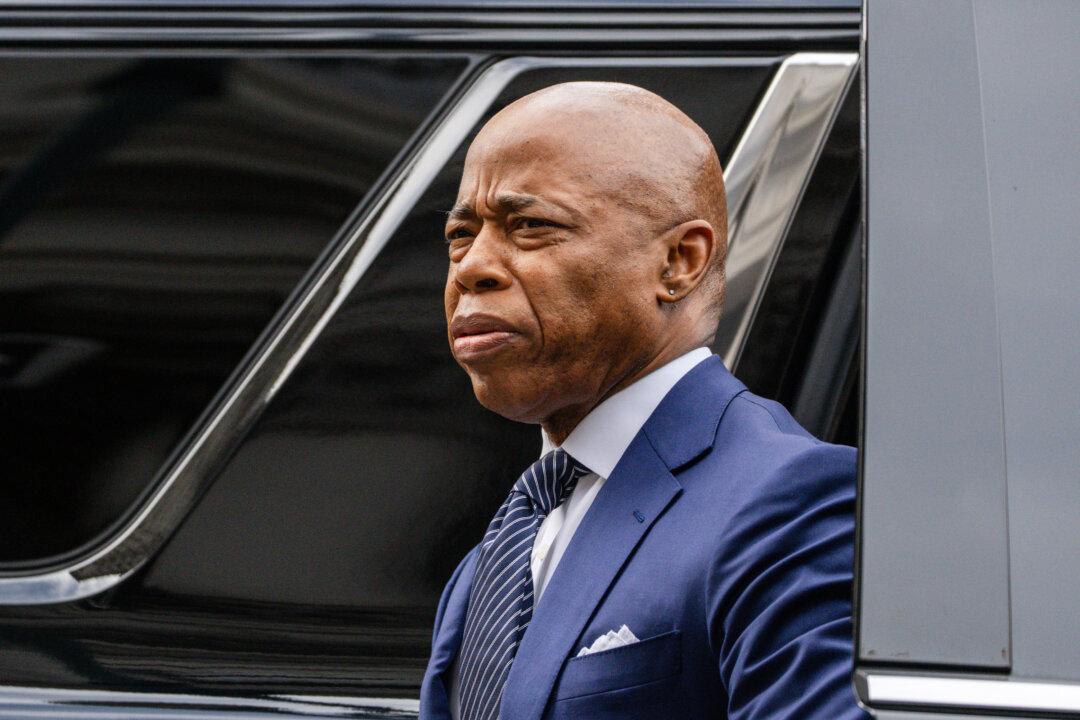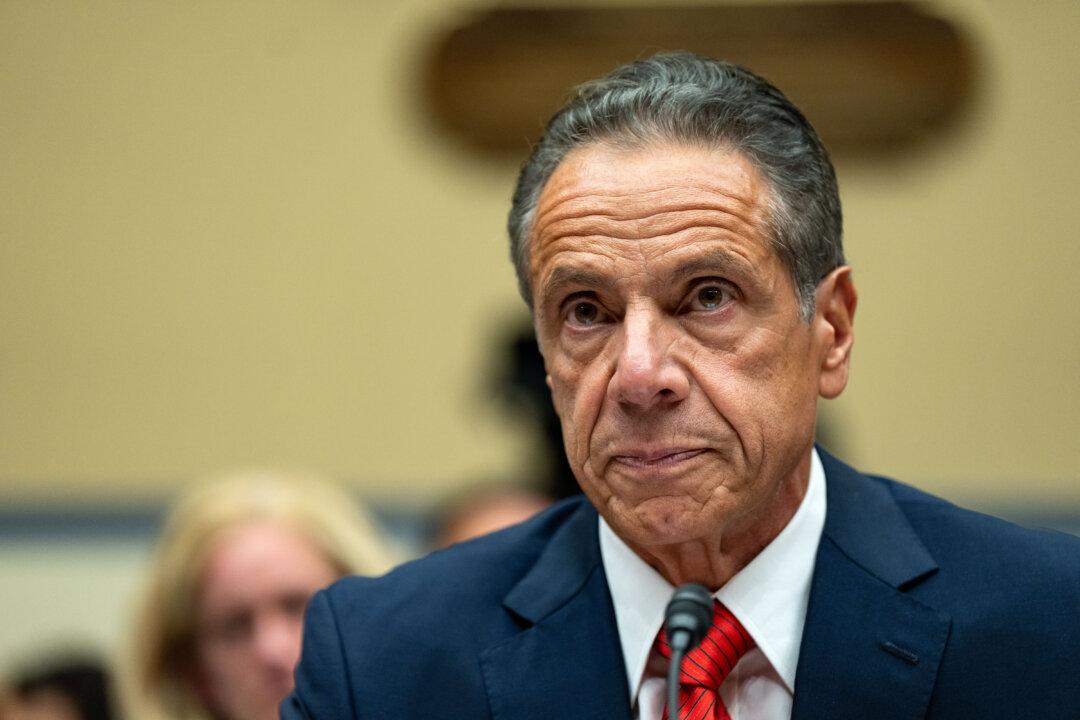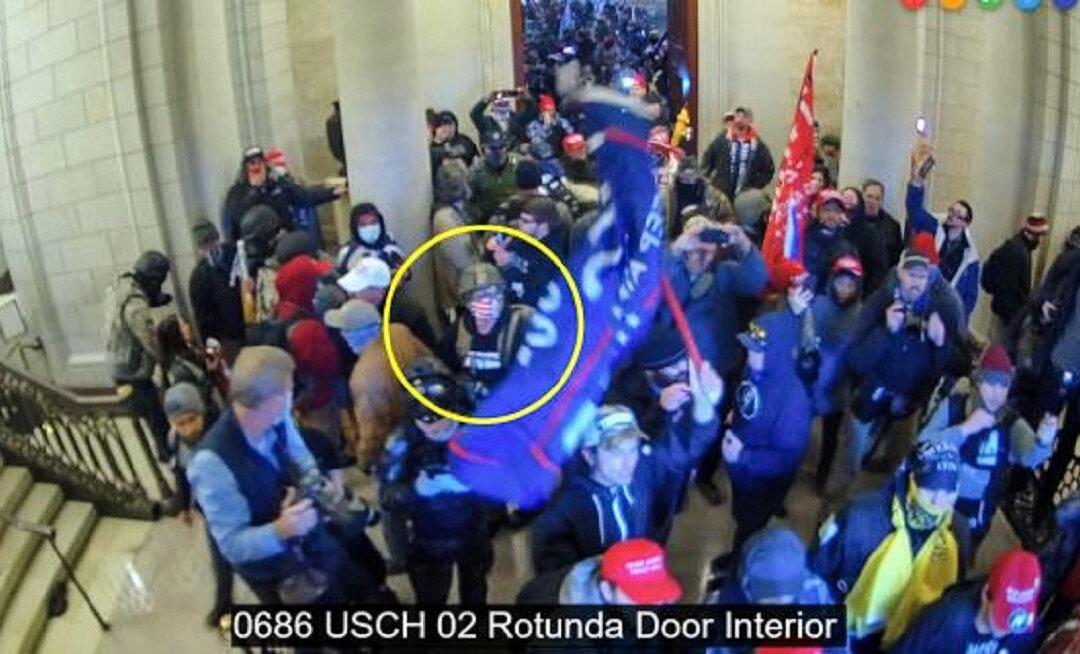The Chinese Communist Party was still refusing to allow American experts into the country to help study and respond to the new coronavirus outbreak, a top American health official said on Feb. 3, but China later in the day finally accepted help from the United States after roughly a week.
“We have folks ready to go to China as soon as that offer is finalized. I understand that there still are negotiations in process on that. And really, we’re waiting. As soon as we are allowed to go, we will be there,” Nancy Messonnier, director of the Centers for Disease Control and Prevention (CDC)’s National Center for Immunization and Respiratory Diseases, told reporters on a phone call on Monday morning.
Later in the day, White House spokesman Judd Deere said that China decided to let American experts join a World Health Organization delegation to help work in the coronavirus outbreak.
“China has accepted the United States’ offer to incorporate a group of experts into a World Health Organization mission to China to learn more about and combat the virus,” he said in a statement.
“We do hope that the Chinese government will take us up” on the offer, Azar said. “CDC experts are standing by, ready to go to China.”
“More cooperation and transparency are the most important steps you can take,” he told Chinese officials at the press conference.

National security adviser Robert O‘Brien said on Sunday that China had not even responded to any offers of assistance from the United States. “We have not heard back yet from the Chinese on those offers but we are prepared to continue to cooperate with them,” O’Brien said during an appearance on CBS' “Face the Nation.”
“We’ve got tremendous expertise. This is a worldwide concern. We want to help our Chinese colleagues if we can and we’ve made the offer and we'll see if they accept the offer.”
CDC officials were able to get on the ground in Kazakhstan, which borders China, Secretary of State Mike Pompeo said over the weekend.
While some international health officials have praised China for being more transparent about the outbreak compared to how it dealt with the SARS epidemic in 2002 to 2003, others have criticized the communist regime for underreporting the scale and severity of the outbreak, and for allowing few outside experts into the country to study what’s happening on the ground.
U.S. officials have expressed growing alarm at the possibility of the virus spreading in America, and on Jan. 31 announced a public health emergency over the outbreak.
The United States has barred entry to foreign nationals, excluding U.S. residents and immediate family of U.S. citizens, who have been to mainland China in the past 14 days.
U.S. citizens who have been to Hubei Province—the region housing the disease epicenter of Wuhan—in the last 14 days will be subject to mandatory quarantine when they arrive back to the United States.
For citizens returning from the rest of mainland China, they will undergo health screening at selected airports and may face up to 14 days of monitored self-quarantine.

If travelers test positive for the virus, they'll be quarantined by health officials at places like military bases and hotels, Messonnier told reporters on Monday.
President Donald Trump in an interview on Fox News on Sunday said the United States has “shut down” the coronavirus coming in from China.
“We can’t have thousands of people coming in who may have this problem, the coronavirus,” he said.
Currently, 195 people remain quarantined at March Air Reserve Base in Riverside County, California, after being evacuated from Wuhan last week. No other Americans are currently quarantined, health officials said.
The United States is planning a “handful more flights” to evacuate Americans out of Hubei Province, Pompeo said at a Monday press briefing in Uzbekistan while on a diplomatic visit.
The Chinese regime criticized the United States this week, claiming the “excessive” measures announced by American authorities “could only create and spread fear.”
Asked about the regime’s criticism during the call, Messonnier noted that other countries and China are taking aggressive actions to try to slow down the spread of the disease.
“This is an unprecedented situation and we’ve taken aggressive measures,” she said, referring to how the virus can spread between people and reports that the virus can spread from someone showing only mild symptoms or even showing no symptoms, a condition known as being asymptomatic.
“Our hearts go out to those individuals who are suffering through this,“ she added. ”I think that we at CDC have incredibly strong scientists who have a lot of technical experience in really similar diseases, as well as these kinds of disease and our presence on the ground in China would be a help to the folks in China who are trying to unravel this thing.”
The United States is among more than 30 countries that have closed their borders or imposed some form of travel restriction on China.
After Israel announced on Sunday it would refuse entry to foreign nationals coming from China, China’s acting ambassador to Israel hit back, comparing the move to turning away Jewish refugees during the Holocaust.
Dai Yuming told reporters at an English-language press conference in Tel Aviv that the travel ban reminded him of “the old days, the old stories that happened in World War II, the Holocaust, the darkest days in human history.”
The Chinese Embassy in Israel later issued a statement apologizing “if someone understood our message the wrong way.”





